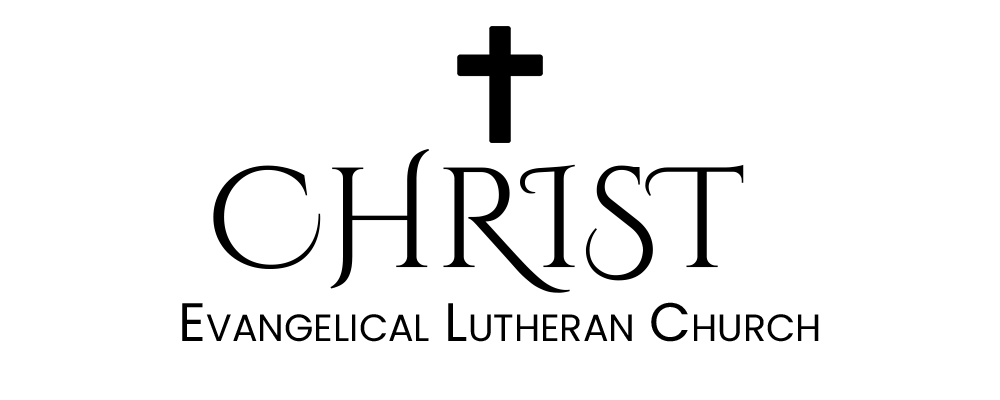The Gathering: A Focus on Invocation, Confession, and Forgiveness
Each service opens with what we call the Gathering, which is designed to bring the congregation together in preparation for worship. This part of the service typically includes several elements: Prelude the Invocation, Confession and Forgiveness, the Entrance Hymn, the Greeting, the Kyrie, the Canticle of Praise, and the Prayer of the Day. The congregation is invited to leave behind the distractions of daily life and enter into a sacred space. As one reflects, “The prelude services as a moment of transition, where the music gently lifts the veil between the secular and the sacred, drawing the congregation into a place where the presence of God becomes palpable.” Each of these components serves to orient the hearts and minds of the worshipers towards God, but two of the most significant are the Invocation and Confession and Forgiveness.
The service begins with the Invocation: "In the name of the Father, and of the Son, and of the Holy Spirit." These words are more than a simple opening; they are a profound reminder that we gather in the presence of the Triune God. The Invocation draws us into the sacred space of worship, marking the time and place as holy. It also recalls our baptism, where these same words were spoken over us, signifying our entry into the family of God. By beginning the service with the Invocation, we acknowledge that all we do in worship is done under the guidance and grace of the Holy Trinity.
Confession, traditionally a private act between a penitent and a priest, was a time for individuals to confess their sins and receive absolution in a personal and intimate setting. Martin Luther valued private confession and recommended its continued practice, recognizing its spiritual benefits. However, for various reasons, including the desire for a communal expression of repentance and the practicalities of large congregations, confession in Lutheran worship has largely become a corporate event. The act of confessing together as a community highlights the shared human condition—we are all in need of God's grace.
During the Confession, worshipers are invited to silently or corporately confess their sins, recognizing their shortcomings before God. This is a moment of vulnerability and honesty, where we acknowledge our failures and our need for forgiveness. The words spoken during the Confession may vary, but they consistently emphasize repentance and the desire to be made right with God.
The Absolution, proclaimed by the pastor after the Confession, is a declaration of God’s forgiveness. It is a powerful moment of grace, assuring the congregation that their sins are forgiven through the sacrifice of Jesus Christ. This assurance is not just a comforting thought; it is a transformative reality that enables worshipers to move forward in the service with a sense of peace and renewal.
Having been forgiven, the congregation is now ready to engage fully in worship, with hearts unburdened by guilt and open to the work of the Holy Spirit.
Martin Luther’s concept of being "simul justus et peccator"—simultaneously saint and sinner—captures the paradox of the Christian life. As saints, we are justified by faith in Christ and made righteous before God. Yet, as sinners, we continually fall short and struggle with sin in our daily lives. This dual reality is why we keep returning to worship: we come as sinners in need of God’s grace and leave as saints, reassured of His forgiveness. Worship becomes a vital rhythm, where we are reminded of our identity in Christ and renewed in our walk with Him.
